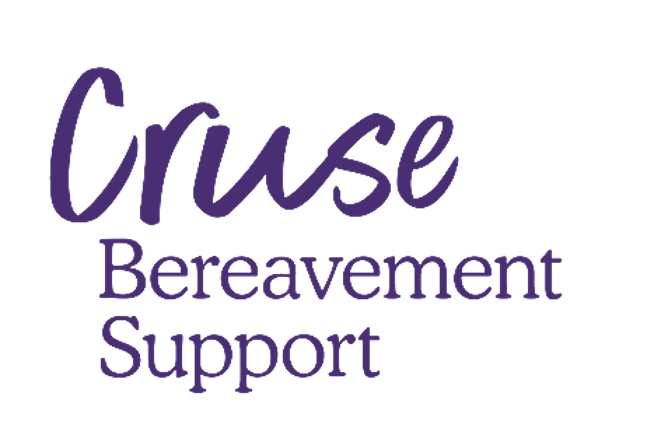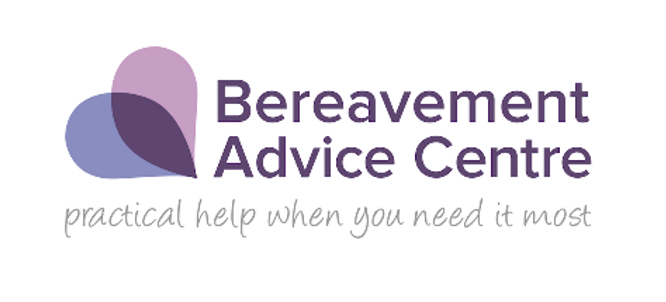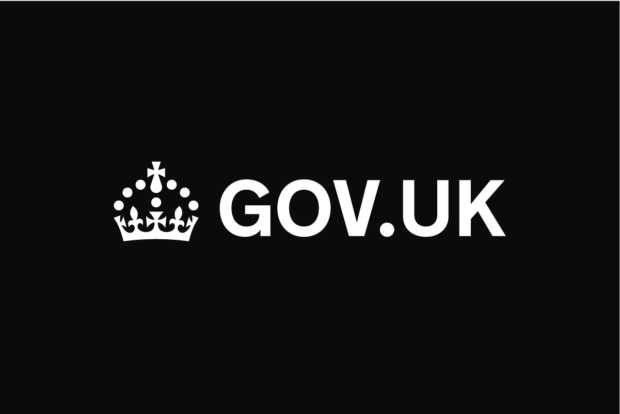How do I register the death of a loved one?
Where do I begin?
When someone close to you dies there are many processes to follow.
The first thing you need to do is obtain a Medical Certificate of the Cause of Death. This certificate is a crucial document, as you cannot register the death without it. The certificate includes important details such as the deceased person’s name, age, place of death, and cause of death.
-
If the death was expected If the cause of death is clear and expected, a doctor will issue the Medical Certificate immediately. The certificate will be provided to you in a sealed envelope.
-
Identifying a cause of death If the cause of death is clear and expected, a doctor will issue the Medical Certificate immediately. The certificate will be provided to you in a sealed envelope.
How to register a death
Registering a death is a vital step in managing the affairs of someone who has died. By following these steps and understanding the process, you can ensure that everything is handled correctly and with respect.
You’ll need to get a medical certificate with the cause of death from the doctor who has been looking after the person who has died. The information you will need included on the certificate is:
- Full name and any previous names (e.g. maiden name)
- Date and place of birth
- Last known address
- Occupation
- Details of any government pension or benefits they were receiving
The registrar at the office local to where the person died will issue you several documents, these include:
- Death Certificate: This is the official document that confirms the death. You will need copies of this certificate for various legal and financial processes.
- Certificate for Burial or Cremation (Green Form): This form is needed by the funeral director to proceed with the funeral arrangements.
- Certificate of Registration of Death (Form BD8): You may need this form to cancel any government pensions or benefits.
You will need the death certificate to manage the deceased’s affairs, such as:
- Closing bank accounts
- Claiming insurance
- Handling property matters
- Settling the estate
- Notifying government agencies
Bereavement Advice Centre has some useful infomation and a helpline:
They can give you help and advice on how to register a death and help you to understand what needs to be done after someone dies and in what order.
Contact them on 0800 634 9494. They’re open from 9am to 5pm Mon – Fri, and closed on Bank Holidays.
Frequently Asked Questions
To register a death, visit your local registry office within five days of the death.
Bring the medical certificate issued by the doctor or coroner, as well as any personal details of the deceased, such as their birth certificate and ID.
The registrar will issue a death certificate, which is essential for arranging the funeral and handling legal matters.
When registering a death, you need to bring the medical certificate of death provided by a doctor, the deceased’s birth certificate, and any identification documents, such as a passport or driver’s license.
You may also need proof of the deceased’s address. Having these documents ready will streamline the registration process.
Typically, close relatives of the deceased, such as a spouse, parent, or child, are authorised to register a death.
If no relatives are available, the responsibility can fall to someone present at the death, the person arranging the funeral, or an official from the care home or hospital where the death occurred.



